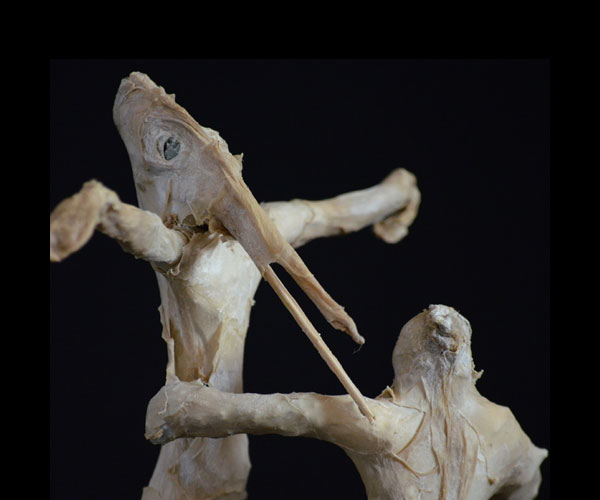News of the day, one run on sentence
When the American president assassinates an Iranian General, Iran lobs missiles at a US army base. No one gets hurt, except for what is dismissed as headaches, as in ‘we can assassinate your hero but you can only cause us a headache.’ But later we learn that 50 troops are treated for brain damage. Moments later, a civilian aircraft on its way to Ukraine crashes just after take off, killing 176, mostly Ukrainians and Iranian Canadians. Iran blames failed mechanics, the airline, Boeing and the US. Thousands of Iranians gather to mourn their General and hate us. Too many, because there is a stampede where people are trampled to death. Meanwhile, a video is released. Here is the plane, here is the missile, here is the impact. Iran says whoops, our bad, egregious error. Now the protesters turn on their own government.
Trump issues statements: we will destroy your culture and the American people love you and want you to flourish. I wonder: what kind of love is it that destroys your culture? But then, videos begin downloading and I am distracted. Australia is burning. Firefighters in shorts cradle Koala Bears wearing hand knit booties over their burned paws. They are wrapped in blankets called Johnny Pouches knit by prisoners. They knit and knit until Australia is overwhelmed. There are billions of animal deaths. My brain crackles. This is a local extinction. And while I sit there, stunned, Puerto Rico is wracked by earthquakes and then a volcano erupts in the Philippines, and somewhere else, people holding babies and blankets make their way through water up to their waists while dogs swim around in circles.
Burning forests, flooding banks. The ground beneath splits like a melon.
Here it is clouds, freezing rain. The landscape waits silently under layers of ice. I sit in front of a fire at a table cubing the meat of an animal who has spent its short, bucolic life in a field eating grass until it is murdered just for me. Under the table, two elderly dogs lie romp-to-romp. I’ve never been to Australia, Ukraine, Iran. but I can imagine. Under the burning brush, new life, although it is difficult to celebrate because, at the same time, we are the burning bush.





